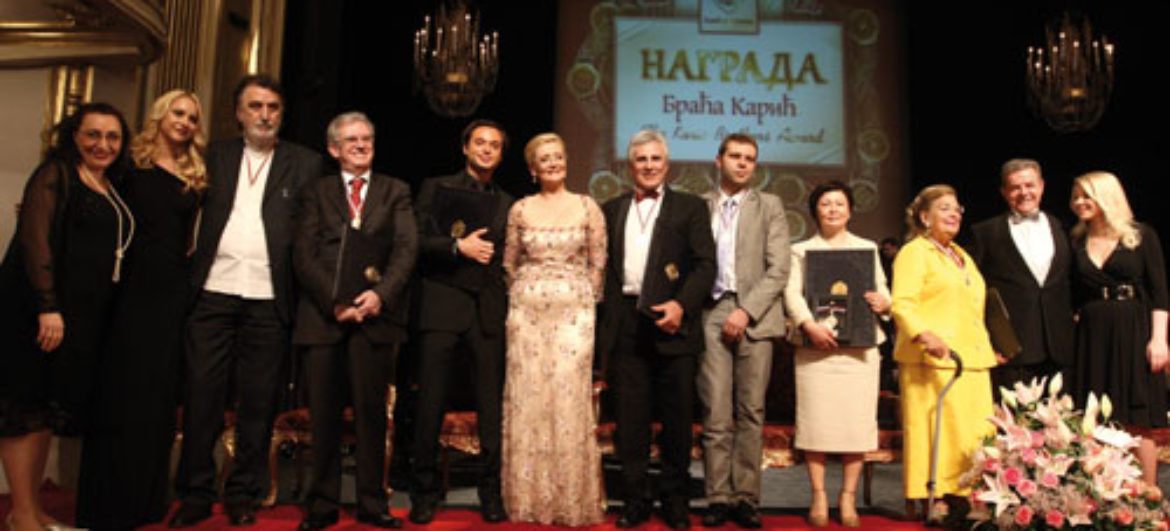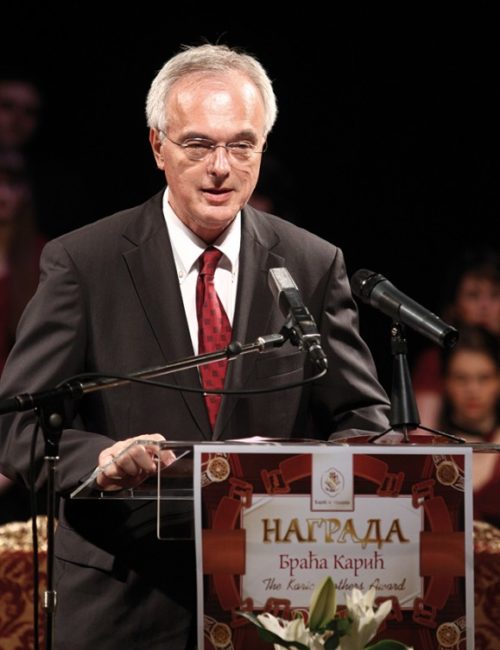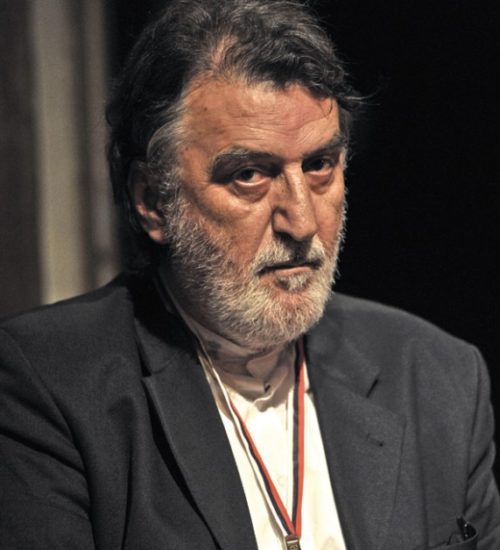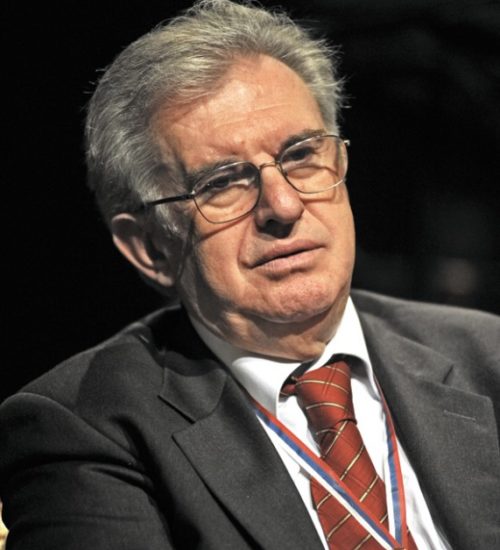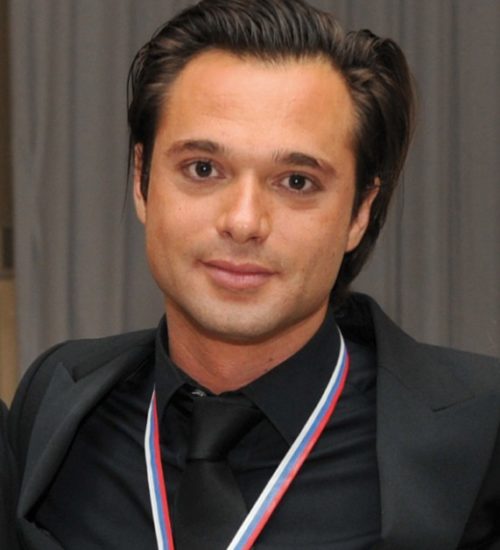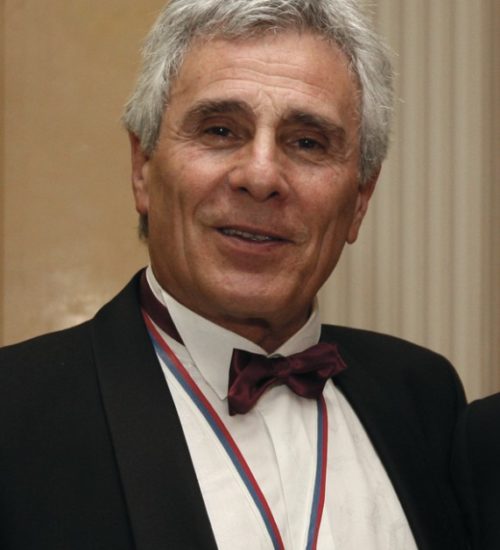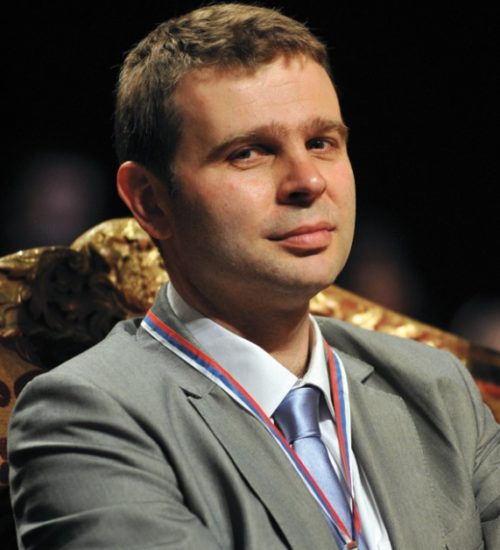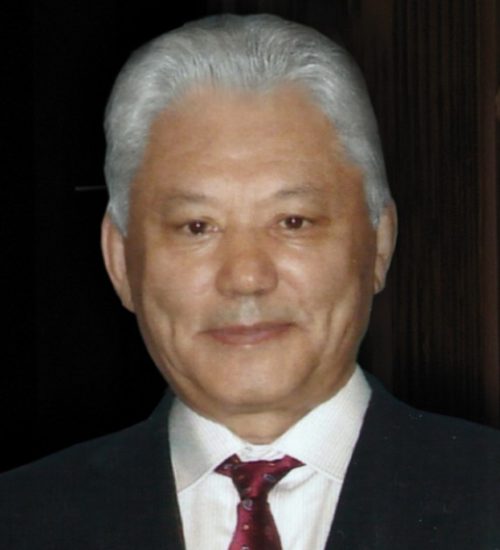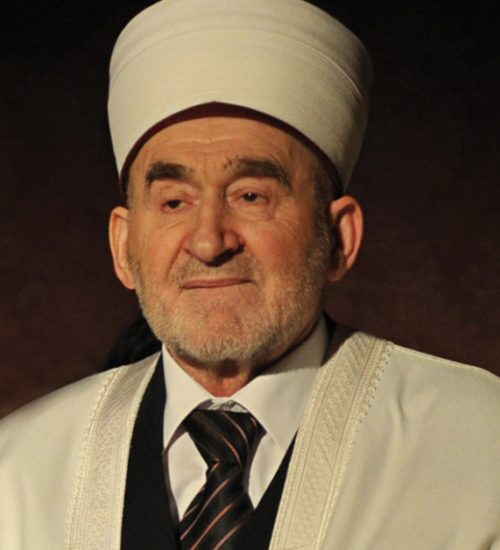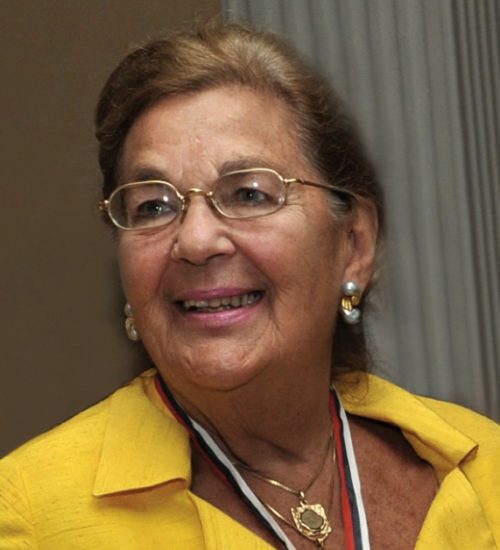The opening speech of academician Prof Dr Miodrag Ostojic, winner of the Karic Brothers Award in 1998
CELEBRATION OF ETERNITY
The main character in the short story ‘The Bridge on the Zepa’ by our Nobel Prize winner Ivo Andric, the Great Vizier Yusuf is contemplating what should be engraved on the stone by the bridge that he donated to his Bosnian hometown. What kind of message should be left to time, travellers and history that has not yet even been recorded? The stone ultimately remained without a text, and the vizier even erased his own life motto ‘Silence is safety’. Architecturally and humanly daring in difficult and progressively turbulent times, driven by the desire to halt the wave of evanescence and oblivion, the Karic family is building a bridge made out of laureates’ names. Each arch represents a name, an impressive life story that selflessly leaves behind its work as a legacy to its homeland, and the world at large. The arches have followed one another over the past thirteen years. On the stone by the bridge are the names of the laureates so that remembrance continues, and nothing remains unsaid.
The Karic Brothers Award is indeed a record of a Serbian family that is aware that one’s value is measured by the mark one leaves whilst building a bridge, and linking the bank of the past to that of the endless future.
‘Thirty years ago I was inspired by the idea of an award whose laureates would be the crowning glory of a different Serbian history’, said Mister Bogoljub Karic, the originator of our award.
His idea has made him a chronicler of our time; ‘A chronicler and his work’, said Ivo Andric at the Nobel Prize award ceremony, ’serve no purpose if they somehow do not serve man and humanity.’
Tonight, for the thirteenth consecutive time, we are witnessing history. We are jointly building new bridge arches with names of great people that are to become the laureates of the Karic Brothers Award this evening. Their names, which will go down in history, are added in golden letters on the stone by the bridge. The Award will continue, as always, to serve man and humanity, and remembrance. Nothing should remain unsaid.




